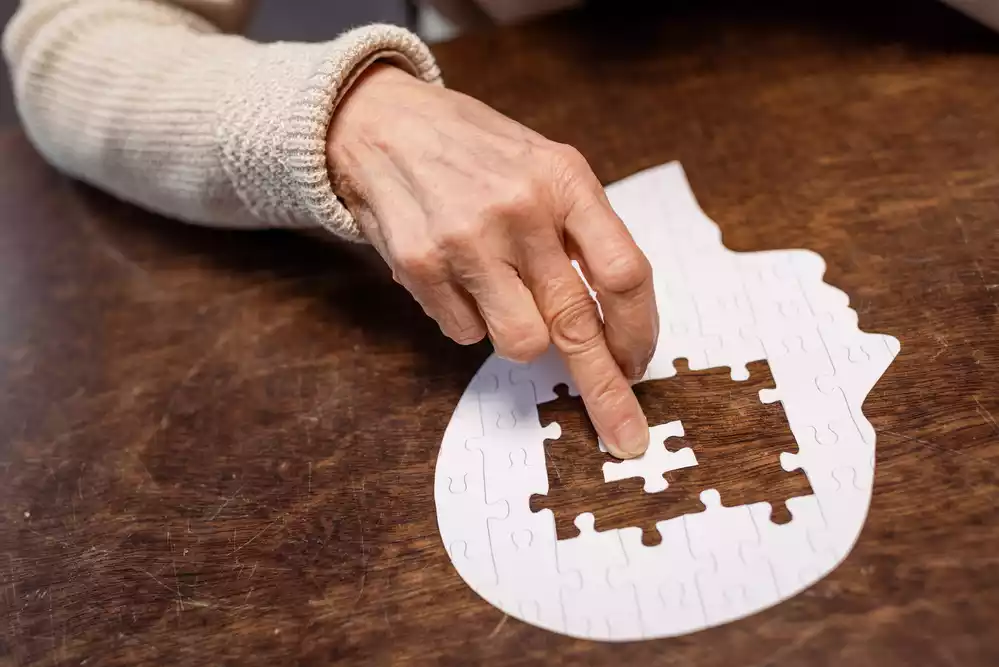As individuals age, their care needs evolve, often necessitating specialized living arrangements. Two prevalent options for senior care are assisted living and memory care. While both provide essential support, their services and focus differ significantly. Understanding the difference between assisted living and memory care is crucial for families seeking the most suitable environment for their loved ones. At Casa de Retiro El Mirador, we offer expert guidance to help families make informed decisions for their loved ones’ care.
What is Assisted Living?
Assisted living is designed for seniors who require some help with daily activities but wish to maintain a level of independence. These facilities provide a blend of private or semi-private accommodations and communal living spaces where residents can socialize and participate in activities. Key services typically include:
- Personal Care: Assistance with daily tasks such as bathing, dressing, and grooming.
- Medication Management: Oversight and administration of medications as prescribed by a healthcare provider.
- Housekeeping and Laundry: Regular cleaning, laundry, and other domestic services.
- Nutritious Meals: Provision of meals tailored to the residents’ dietary needs and preferences.
- Social Activities: A variety of recreational and cultural activities to promote engagement and community feeling.

What is Memory Care?
Memory care is a specialized form of long-term care aimed explicitly at individuals with memory-related conditions such as Alzheimer’s disease and other types of dementia. These facilities are equipped to provide a secure and supportive environment tailored to the unique needs of those with cognitive impairments. The primary features of memory care include:
- Specialized Staff Training: Caregivers trained specifically in working with individuals with dementia, focusing on empathy and patient communication.
- Secured Living Spaces: Designed to prevent wandering, these facilities often have secure access and exit points to ensure resident safety.
- Structured Routine: Activities and routines crafted to provide familiarity and reduce stress for residents.
- Therapeutic Activities: Engagement in activities like music and art therapy to stimulate cognitive function and provide emotional outlets.
- Higher Staff-to-Resident Ratio: More personalized attention to effectively address each resident’s specific challenges and requirements.
Key Differences Between Assisted Living and Memory Care
Understanding the difference between assisted living and memory care is essential when determining the appropriate level of care for a loved one:
Level of Care
Assisted living is suitable for individuals who require help with daily tasks but have a relatively stable cognitive condition. Memory care caters specifically to those with significant memory impairments needing more specialized care.
Environment
Memory care units are designed with the specific needs of dementia patients in mind, often featuring more secure and controlled environments compared to assisted living facilities.

Staff Training
Memory care staff receive specialized training to handle behavioral changes and the unique challenges associated with memory loss, which is not typically required of staff in assisted living facilities.
Activities and Programs
Memory care emphasizes routines and activities that are designed to stimulate cognitive abilities and provide emotional balance, whereas assisted living often offers more generalized social and recreational activities.
Cost
Due to the specialized care and higher staffing levels, memory care often comes at a higher cost than assisted living.
Choosing the Right Option for Your Loved One
To determine the best environment for your loved one, consider the difference between assisted living and memory care and also assessing their personal needs and condition. A professional evaluation can be valuable in making this decision. Important considerations include:
- Cognitive Health: Evaluate whether cognitive decline is present and the support required.
- Physical Health: Consider the level of assistance needed with daily activities.
- Social Needs: Assess the importance of socialization and community involvement for the individual.
- Safety Concerns: Determine the risk of wandering or unsafe behavior.

Tailored Memory Care Solutions in Mexico
Understanding the difference between assisted living and memory care is the first step in choosing the right care for your loved ones. At Casa de Retiro El Mirador, we specialize in providing both assisted living and memory care Mexico, ensuring that we meet the varied needs of our residents. Our expert staff is dedicated to delivering compassionate, personalized care tailored to enhance the quality of life for each individual. Contact us today to learn more about our memory care options and how we can assist your family.








